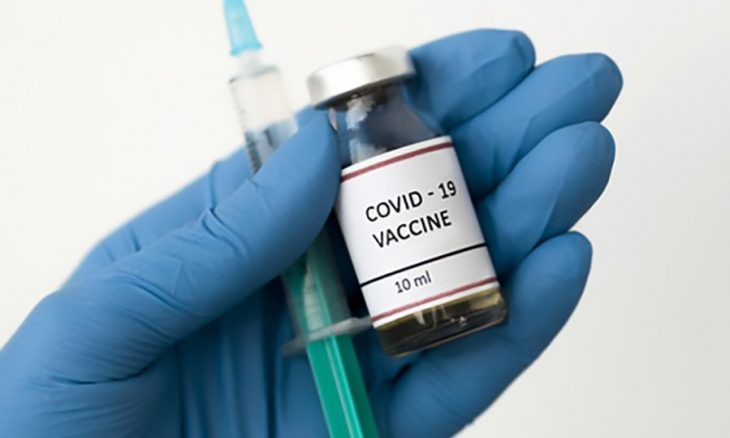
Pfizer Inc. (NYSE: PFE) announced on Monday that it has completed the Phase 3 trial of its Coronavirus Vaccine. Results indicate up to 90% efficacy. The vaccine was developed by Pfizer along with its German partner, BioNTech (NASDAQ: BNTX).
According to Pfizer, the vaccine could receive an Emergency Use Authorization before the end of the year. Here’s everything you need to know about the vaccine and why it’s such an important development in the fight against COVID-19.
The Vaccine Uses mRNA Technology
The Pfizer vaccine is an mRNA compound. In simple terms, it contains encoded genetic information that will trigger the production of new proteins in the body that then trigger the production of COVID-19 antibodies. The technology is not unique to Pfizer. Moderna Inc. (NASDAQ: MRNA) has built its reputation on developing innovative mRNA drugs.
Approval May Take Longer Than Expected
While approval is expected before the end of the year, it could take longer. Even though Pfizer has preliminary results to indicate a high level of safety and efficacy, the data will need to be reviewed by the FDA to ensure that the vaccine is safe for a broad range of patients.
While an emergency authorization could be given early, this would limit availability to the most at-risk groups, such as medical staff and first responders.
Distribution of the Vaccine Could be Complicated
Once the vaccine is approved for the public, distribution will be more complicated than a traditional vaccine. Immunization requires two treatments 21 days apart. Missing the second treatment could render the first treatment ineffective.
Transportation of the vaccine requires specific conditions to keep the mRNA compound viable. Materials must be kept at around 70°F for long term storage. Traditional medical refrigerators only keep the vaccine viable for up to five days.
It is expected that the vaccine could be made publicly available, with the necessary infrastructure to store and transport it, by early spring of 2021.
Pfizer and BioNTech Developed the Vaccine Without U.S. Taxpayer Money
Although Pfizer has worked closely with the government during the development of its Coronavirus vaccine, it didn’t receive any direct federal funding. The company found it more viable to invest in the development itself. Its partner, BioNTech, received $442 million from the German government to aid in development.
Pfizer and BioNTech did agree to sell at least 100 million doses to the federal government.
The news of a viable vaccine has invigorated the stock market and increased public confidence in a recovery from the Coronavirus Pandemic. It could not have come at a better time, especially as infection rates in America are beginning to peak again.
| The reports, research and newsletter are based on current and historical market data, as well as publicly available financial data.They are intended to be a starting point for investors. They do not provide every material fact about a company or industry, nor are they recommendations to buy or sell. The writers and the company make no warranties or representations as to the accuracy of these reports. You should NOT rely solely upon the information or opinions read in the content. Rather, you should use the content as a starting point for doing independent research on the independent analysis and trading methods in the content. The content is impersonal and does not provide individualized advice or recommendations for any specific reader or individual portfolio. By accessing this website you have agreed to our disclaimers and privacy policy. |
| The reports, research and newsletter are based on current and historical market data, as well as publicly available financial data.They are intended to be a starting point for investors. They do not provide every material fact about a company or industry, nor are they recommendations to buy or sell. The writers and the company make no warranties or representations as to the accuracy of these reports. You should NOT rely solely upon the information or opinions read in the content. Rather, you should use the content as a starting point for doing independent research on the independent analysis and trading methods in the content. The content is impersonal and does not provide individualized advice or recommendations for any specific reader or individual portfolio. By accessing this website you have agreed to our disclaimers and privacy policy. |




